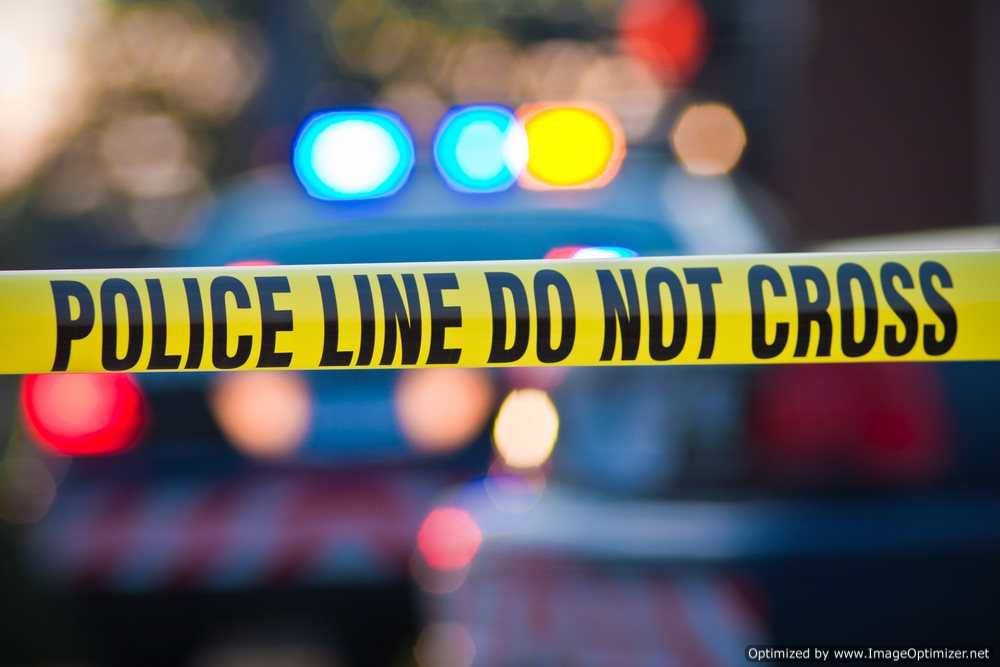Criminal Investigator FAQS
What is a Criminal Investigator?
A criminal investigator is a type of law enforcement professional who attempts to solve felony crimes, identify and detain suspects in hopes of preventing future criminal activity. A criminal investigator, to accomplish these various responsibilities, may work alone or as part of an investigative team to uncover facts about a particular case.
To accomplish the goals of the field, a criminal investigator may specialize in analyzing information and evidence from a crime scene, performing surveillance, or conducting interviews and searches. The responsibilities and requirements of a criminal investigator and the function of the specific job are dependent on the person’s background and specialty.

Various Roles of a Criminal Investigator
Those experts who specialize in crime scene investigation are typically laboratory technicians and technologists who work to elucidate the details of a crime. A crime scene investigator may carefully examine a crime scene to collect evidence such as clothing samples, weapons and fingerprints.
The evidence gathered is then delivered to a laboratory for intensive studies and experimentation. Among the many tasks delivered by the crime investigator lab technician, these enforcement professionals must also determine ballistics information by performing firearm evaluations and confirming identities through the extraction of DNA from clothing samples.
Those crime scene investigators who write and issue reports based on the evidence gathered will frequently appear in courts as expert witnesses. These individuals will possess expertise in a specific field. The opinions of an expert witness are viewed as influential testimony in a court hearing. Such evidences must be considered by your criminal lawyer to build your case.
A criminal investigator may also engage in a covert surveillance operation. This type of criminal investigator acts as an undercover agent. Conducting covert surveillance operations attempt to expose criminal activity through the means of advanced technology. To carry out this function, a criminal investigator will install and subsequently monitor surveillance equipment to reveal details concerning a suspicious individual or organization.
In addition to using equipment, a criminal investigator conducting a surveillance operation may also don disguises and follow suspects to document their conversations and whereabouts. Regardless of their means to conduct the surveillance, a criminal investigator will invariably trace phone calls and perform exhaustive background checks on the individual in question.
Criminal Investigator and Detaining Suspects
When a suspect is detained, the criminal investigator may interrogate the individual to reveal more facts about the particular case. A criminal investigator may also interview witnesses and other individuals who possess knowledge about the underlying suspect or crime scene.
After the criminal investigator obtains a search warrant, the legal professional may explore a suspect’s home, their business, or property. The search process will frequently reveal new pieces of evidence, such as money, weapons or stolen items, that ultimately confirm the suspect’s role in the crime.
How to become a Criminal Investigator?
To become a criminal investigator, an individual must possess at least a high school diploma or GED equivalent. That being said, the majority of police agencies at the various levels of Government in the United States will prefer to hire those candidates with bachelor’s degrees and experience in the particular field.
Since the majority of crime scene investigators perform laboratory research, an individual should possess a degree in computer science, chemistry, or biology. Degrees in police science or criminal justice are also preferred by hiring agencies.